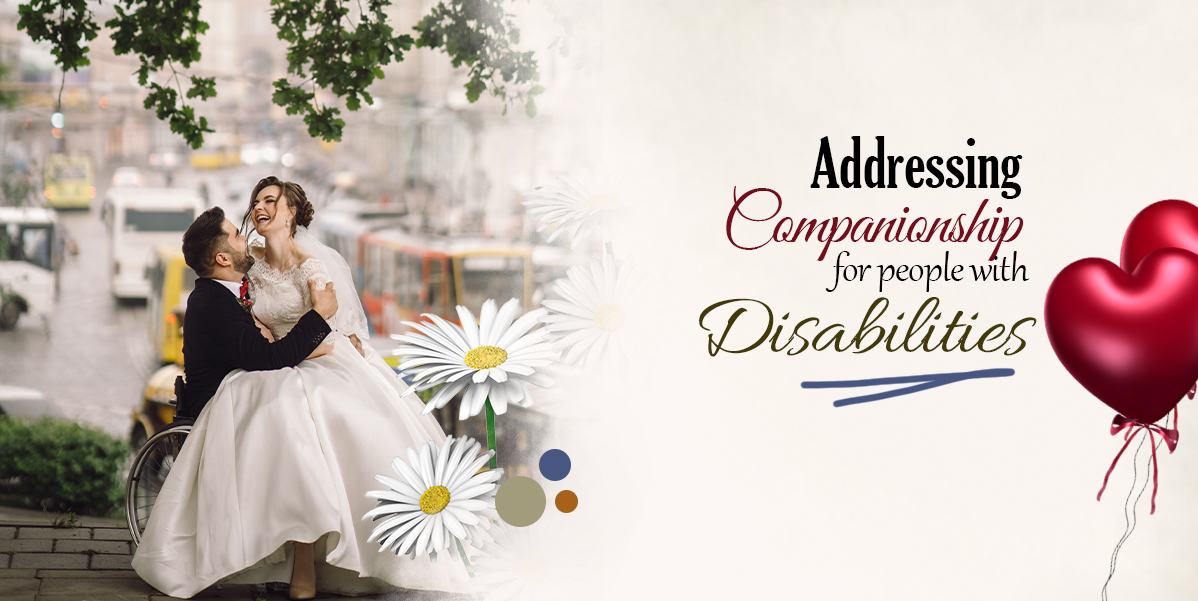Marriage and companionship are important aspects of human relationships and can be just as fulfilling for people with disabilities as for those without. However, there may be unique challenges and considerations for people with disabilities when it comes to finding a partner and building a successful relationship.
One important consideration is accessibility. People with disabilities may face physical barriers to participating in social events and meeting potential partners. It’s important to ensure that events and locations are accessible and inclusive, and to seek out communities and organizations that prioritize accessibility.
Another consideration is communication. Some disabilities may impact communication abilities, such as speech impairments or hearing loss. It’s important for partners to be patient and willing to find alternative communication methods that work for both parties.
It’s also important to address any internalized ableism or societal stigma that may affect a person’s self-worth and confidence in seeking out relationships. Everyone deserves love and companionship, regardless of their disability.
Finally, it’s important to recognize that disabilities may impact a relationship in unique ways, and partners may need to navigate additional challenges and accommodations. Communication, honesty, and a willingness to adapt and learn are key components of a successful relationship.
The conjugal needs of people with disabilities are a complex and sensitive issue that requires careful consideration and attention from society. Here are some steps that can be taken to address the intimate needs of people with disabilities.
- Education: Society needs to be educated on the physical needs of people with disabilities. This includes recognizing that people with disabilities have the same desires and needs as everyone else.
- Accessibility: Ensuring that people with disabilities have access to the same sexual health resources and services as everyone else. This can include accessible clinics, education resources, and support groups.
- Inclusivity: Inclusion of people with disabilities in conversations and decision-making around sexual health and relationships, as well as representation in media and culture.
- Support: Providing support to individuals with disabilities in navigating sexual relationships, including resources for communication, consent, and addressing concerns or barriers.
- Advocacy: Advocating for the rights of people with disabilities to engage in consensual physical activities and protecting them from exploitation and abuse.
- Tailored resources: Creating tailored resources and supports for individuals with different disabilities, recognizing that different types of disabilities may require different approaches.
Overall, it’s important to prioritize accessibility, communication, and inclusivity in seeking out and building relationships for people with disabilities. If you know someone in your vicinity with disabilities, who might need a caregiver’s support, then feel free to contact Q1 Care. They are providing Disability support across Australia and have a team of NDIS Registered Caregivers. To know more you can log on to their website www.q1care.com.au



